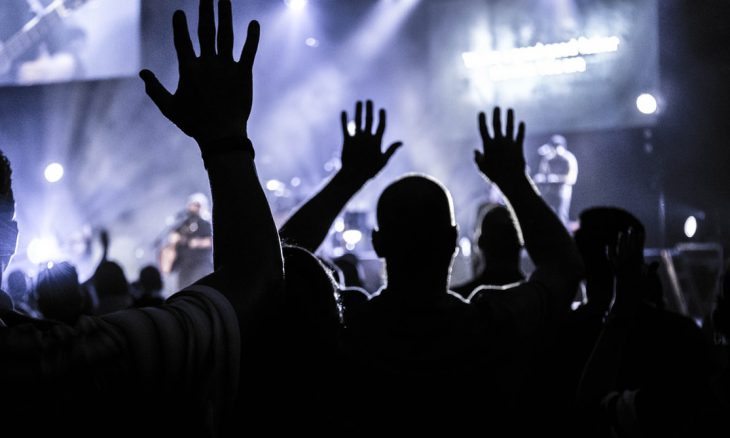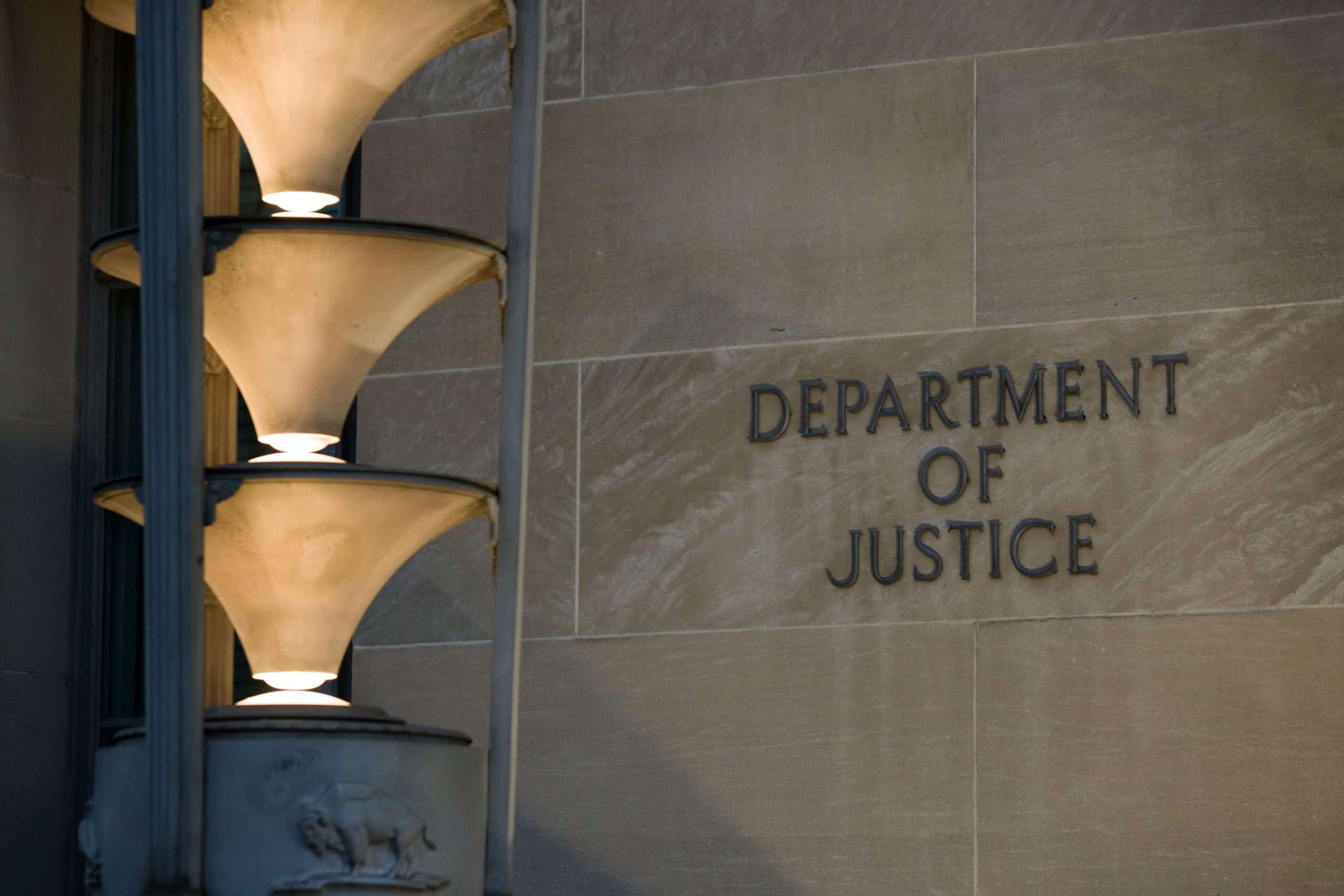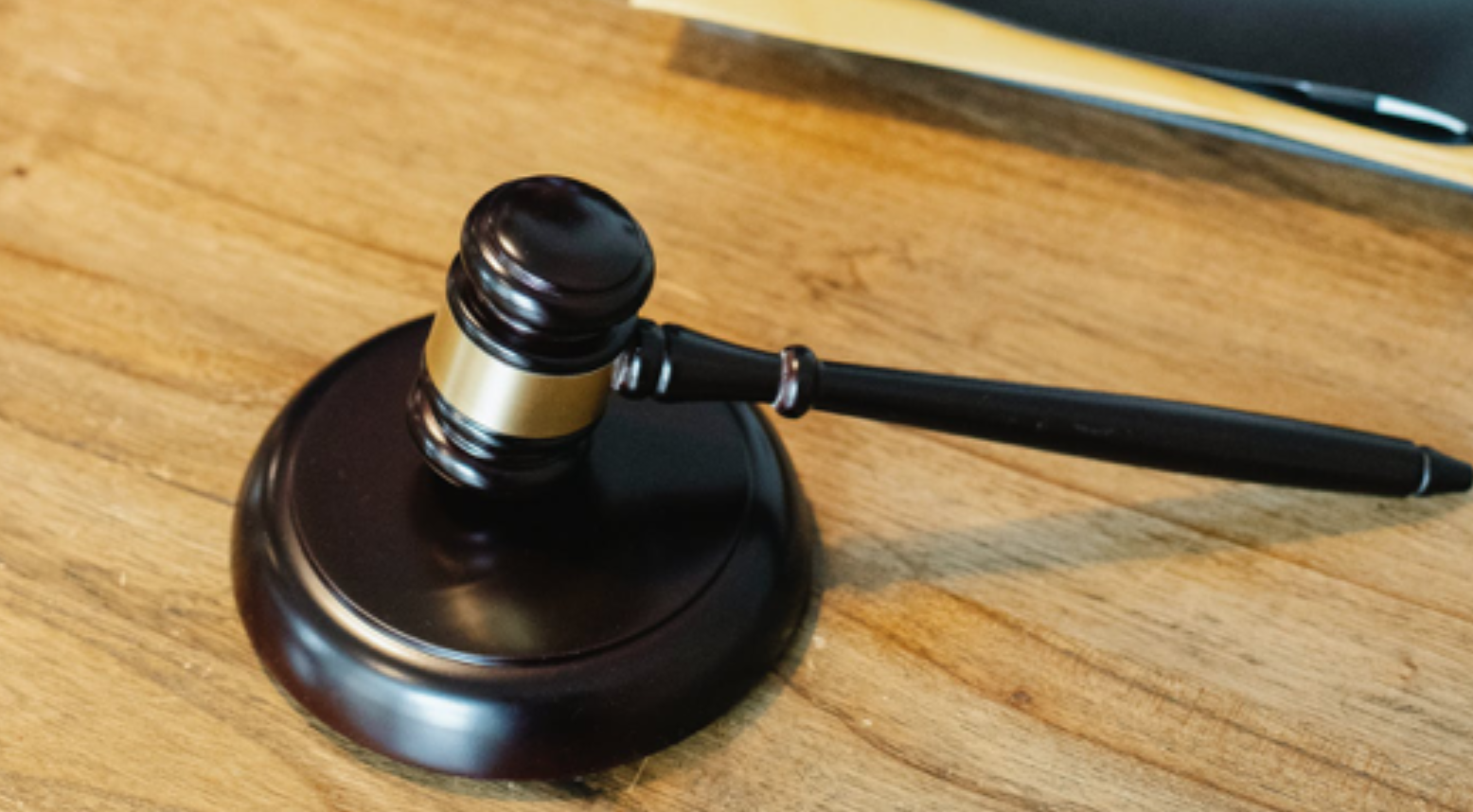Balancing Rights and Responsibilities in a Pluralistic Society
PRAY FIRST for our leaders to seek to protect the First Amendment right of religious freedom, which allows Americans to worship and serve God openly. Pray that this freedom be preserved for all people, regardless of their faith or lack thereof.
For kingship belongs to the Lord, and he rules over the nations. Psalm 22:28
Religious freedom has long been a defining element of American democracy, enshrined in the First Amendment of the U.S. Constitution. It ensures that every individual has the right to worship freely—or not at all—without government interference. However, this fundamental right continues to evolve, facing both new challenges and enduring debates.
The First Amendment to the U.S. Constitution states: “Congress shall make no law respecting an establishment of religion, or prohibiting the free exercise thereof.” These clauses, collectively known as the Establishment Clause and Free Exercise Clause, serve as dual safeguards. They prevent government-imposed religion and protect individual freedoms to practice or abstain from religious activity.
The roots of this principle trace back to early settlers fleeing religious persecution. Largely because of religious conflicts and persecutions that had occurred in Europe, the framers recognized the need for a nation where diverse beliefs could coexist without fear of governmental interference.
The Evolving Understanding of Religious Freedom
Initially, religious freedom primarily served to protect various Christian denominations during times of deep inter-Christian conflict, reflecting the dominant culture of the time. Over the years, however, the concept has broadened, encompassing non-Christian faiths, atheists, and agnostics. This evolution mirrors the nation’s increasing diversity and recognition of individual rights.
While the expansion of religious liberty has fostered broader protections, it has also sparked debates about the role of religion in public life. Shifting societal norms challenge how religious freedom is defined and applied today, with disagreements often centering on the intersection of faith and policy.
Modern religious freedom offers a lifeline of protection for marginalized groups of even more diverse groups. For religious minorities, it provides a safeguard against discrimination. For non-religious individuals, it guarantees their right to abstain from religious activities. This protection encourages a society where differing worldviews coexist peacefully, and all can pursue the motto of life, liberty, and the pursuit of happiness.
Historical and Modern-Day Challenges
Religious freedom, while instrumental in allowing diverse faiths to be protected, has not been without controversy. Throughout U.S. history, there have been instances where it has been misused, such as when religious liberty claims have been employed to justify discriminatory practices. These cases spark important debates about where the boundaries of religious freedom lie in relation to other civil rights.
Today, public sentiment about religious freedom may seem more divided due to polarized narratives. However, according to the 2023 Religious Freedom Index (Beckett Law group), 88% of Americans support the Religious Freedom Restoration Act (RFRA). This high level of support indicates that, despite perceived divisions, a significant majority of Americans value the protections RFRA provides for religious liberty.
The Role of Government and Interplay with Other Rights
Federal and state governments are pivotal in upholding religious freedom. Legislatures craft laws that protect these rights, while the judiciary interprets and enforces them. Landmark Supreme Court rulings, such as those involving conflicts over healthcare, education, and business practices, continually refine how the First Amendment is applied.
The relationship between religious freedom and other constitutional rights often creates friction. Cases involving free speech, anti-discrimination laws, and equal protection highlight the complex interplay of rights. Resolving these conflicts requires careful consideration to uphold fairness without infringing on fundamental liberties.
The Consequences of Losing Religious Freedom
The erosion of religious freedom would have profound implications for society. Without this safeguard, minority groups could face persecution, and the nation’s rich diversity of thought and belief might diminish. Historical examples, such as faith-based oppression under authoritarian regimes, serve as stark reminders of the value of religious liberty in preserving societal harmony.
Diminished religious freedom could also undermine the principles of democracy by restricting open dialogue and mutual respect. It is a cornerstone not only of individual expression but also of collective peace and cooperation.
Why It Matters and How We Can Respond
Religious freedom is more than a legal right; it is a spiritual gift that allows for the open practice of faith, communal worship, and the sharing of the gospel without fear. This freedom creates opportunities to live out Christ’s call to love others and to seek and save the lost. Without it, it would impact our ability to care for those in need and follow the mandate from Christ to reach all mankind.
We must not forget to act with love and compassion as we work to protect these sacred freedoms. As the Apostle Paul reminds us in Galatians 5:13: “For you were called to freedom, brothers. Only do not use your freedom as an opportunity for the flesh, but through love serve one another.”
Today, ask God to guide our leaders in protecting freedoms with wisdom and justice. Pray also for unity among communities, so that understanding and empathy might prevail over division. Lastly, seek personal courage to stand for truth while extending grace to those who disagree.
HOW THEN SHOULD WE PRAY:
— Pray for those who feel their religious freedoms are threatened or misunderstood and help us as followers of Christ to lead with compassion and humility, creating bridges of understanding in our communities. Let your speech always be gracious, seasoned with salt, so that you may know how you ought to answer each person. Colossians 4:6
— Pray for those around the world who are facing persecution for their faith, and ask God to strengthen and sustain them. Remember those who are in prison, as though in prison with them, and those who are mistreated, since you also are in the body. Hebrews 13:3
CONSIDER THESE ITEMS FOR PRAYER:
- Pray for our leaders to work to protect all religious freedom.
- Pray for all who are in authority to remain open-hearted to understanding and peace.
- Pray the Church remains a beacon of love, truth, and grace, using its freedom to serve others, share the gospel boldly, and demonstrate Christ’s love to all people.
Sources: USAID, Penn Today, American Civil Liberties Union, Cornell Law School, National Public Radio, Alliance Defending Freedom, US Commission on International Religious Freedom, Beckett Law









